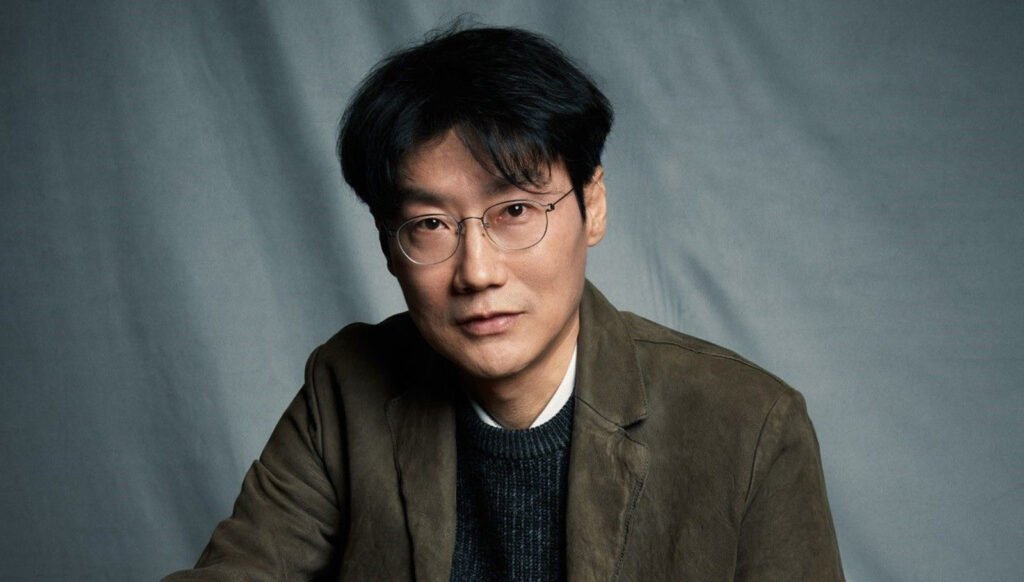When I ask Hwang Dong-hyuk, the mastermind behind Squid Game, about reports he lost six teeth due to the stress of shooting the first season, he laughs and corrects me: “It was eight or nine.”
Hwang is speaking to me on the set of season two of his dystopian Netflix thriller, which follows desperate contestants playing deadly children’s games for a massive cash prize.
Yet, a second season was not always guaranteed. Hwang once vowed not to make another. When I ask what changed his mind, his answer is direct: “Money.”
Although Squid Game became Netflix’s most-watched series, Hwang reveals that he saw only modest returns.
“Doing the second series will help compensate me for the success of the first one,” he adds, noting that he also wanted to finish the story.
Despite season one’s success, season two comes with its own challenges, including high expectations from audiences and a new cast of characters and games.
This time, the previous winner, Gi-hun, returns with a mission: to end the game and save the contestants.
The stakes have escalated, with the players now divided into two sides after each game, forced to vote on whether to continue or escape with their lives.
Director Hwang says this setup reflects the dangers of a divided, tribal world.
“Forcing people to pick sides,” he believes, “is fueling conflict.”
Despite the global acclaim, Squid Game’s violent imagery was polarizing.
Yet, for Hwang, each scene is deeply intentional, influenced by his growing concerns about issues like climate change, economic inequality, and social division.
“When making this series, I constantly asked myself, ‘do we humans have what it takes to steer the world off this downhill path?’” he reflects.
The new season will also dive deeper into the background of the masked Front Man, exploring his story and motivations.
For Hwang, the journey to bring Squid Game to life was long and grueling.
After a decade of struggle, Netflix stepped in but paid him only a modest upfront fee, meaning he missed out on the estimated £650 million the series generated for the platform.
His experience is part of a larger issue for South Korean creators, who often feel exploited by international streaming giants.
Many say that streaming platforms demand full copyright, cutting creators off from potential profits despite global success.
South Korean creators are increasingly vocal about these challenges, with actors, writers, and directors forming a collective to fight for fair compensation.
“In Korea, being a movie director is just a job title, it’s not a way to earn a living,” says Oh Ki-hwan, vice-president of the Korean Film Directors Guild.
Writer Park Hae-young, whose My Liberation Notes became a global hit on Netflix, adds that while global recognition is rewarding, the lack of fair compensation is demotivating.
Creators are pushing for updated copyright laws, but the government has so far left it to the industry to address the issue.
Netflix, in response, says it offers “competitive” pay that is “solid” regardless of a show’s success.
Hwang hopes his openness about his pay struggles will ignite change.
As the world awaits season two of Squid Game, Hwang admits he’s feeling the stress once more.
When I catch up with him after filming wraps, he confides that his teeth are aching again. “I haven’t seen my dentist yet, but I’ll probably have to pull out a few more very soon.”
Also read: Tiffany “New York” Pollard And Teresa Giudice’s Heated Showdown
